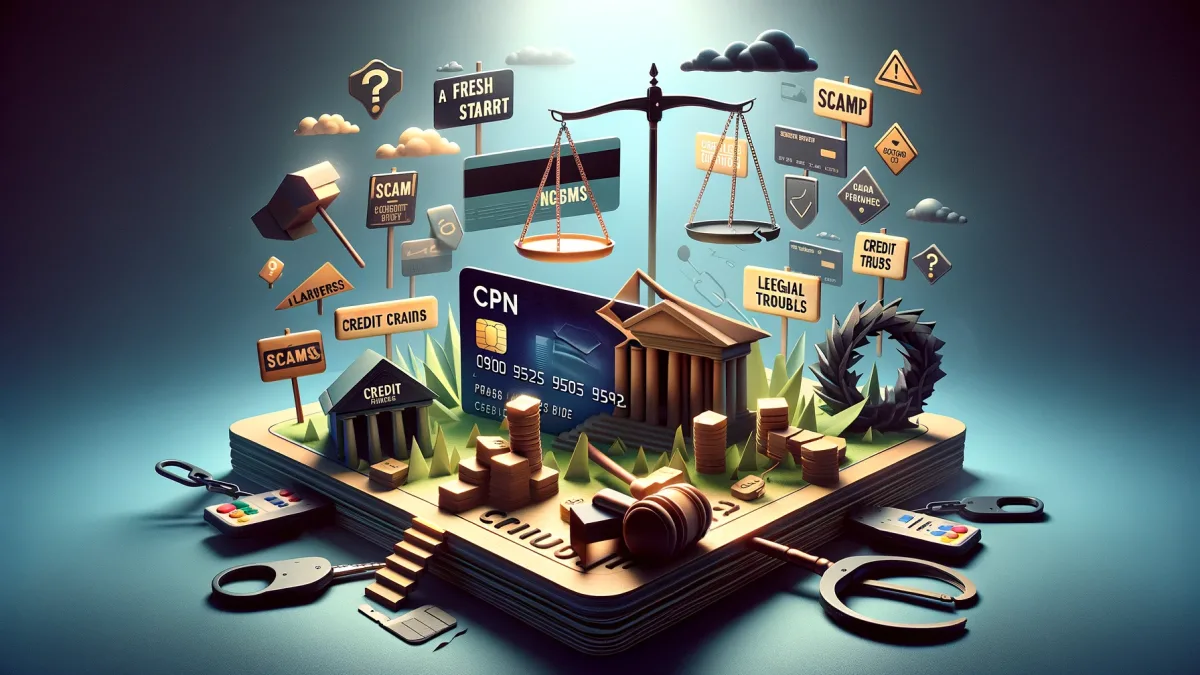Hey there! So, you’ve stumbled across the term CPN and are wondering if it’s the magic bullet to solve all your credit woes. Well, pull up a chair, and let’s have a chat about Credit Privacy Numbers, or CPNs, and why they might not be the knight in shining armor they’re often made out to be.
What’s a CPN Anyway?
A CPN, or Credit Privacy Number, sounds official, doesn’t it? It’s a nine-digit number that looks a lot like your Social Security Number (SSN). Some folks claim it can replace your SSN on credit applications, giving you a clean slate. But here’s the deal: it’s a bit like swapping labels on a milk carton to make it look like orange juice. It might look different on the outside, but the contents? Not so much.
The Legal Lowdown
Straight to the point: CPNs are not your friend. The Federal Trade Commission (FTC) and various legal experts agree that using a CPN in place of your SSN on credit applications is a no-go. It’s like playing hide and seek with your identity, except it’s illegal, and the consequences are far from fun.
In fact, using a CPN can land you in hot water, including charges of fraud or identity theft. Remember that case in Raleigh, North Carolina, in 2021? Yeah, folks got in real trouble for using CPNs in credit repair schemes.
CPNs vs. SSNs: Know the Difference
Here’s the skinny: CPNs are often marketed as a legal alternative to your SSN. But unlike SSNs and ITINs (Individual Taxpayer Identification Numbers) that are issued by the government for tax and identification purposes, CPNs don’t have any legal standing. They’re about as official as a Monopoly money loan from your 10-year-old cousin.
Spotting a CPN Scam
If someone’s trying to sell you a CPN, run the other way. Scams often promise a new credit identity or an easy fix to your credit score. But like a diet pill that promises you can eat cake all day and lose weight, it’s too good to be true.
Legit Ways to Repair Your Credit
So, what’s a law-abiding citizen to do about less-than-stellar credit? Old-fashioned as it might sound, it’s all about responsible financial habits: paying bills on time, keeping credit utilization low, and regularly checking your credit reports for errors. And if you’re struggling, a legitimate credit counselor can be a real ally.
The Bottom Line
CPNs might seem like a shortcut to better credit, but they’re more like a detour into risky territory. Stick to proven credit repair strategies, and keep your identity safe and sound. After all, in the world of credit and identity, honesty is truly the best policy.









Leave a Reply